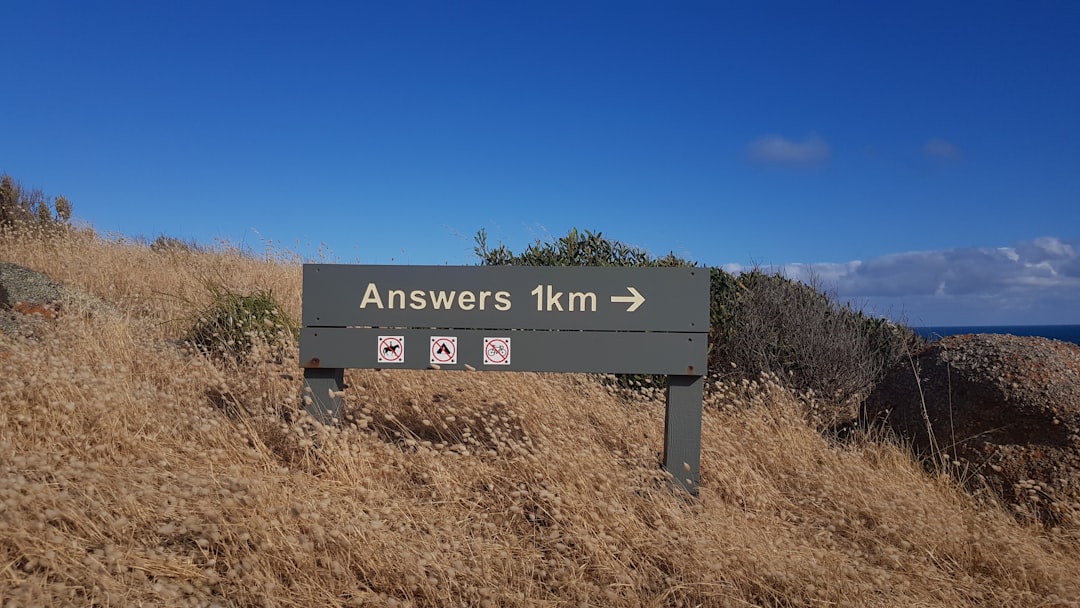Four lessons from Angel Investing
I made over 30 angel investments between 2019-2023 before starting my VC firm. Four lessons from angel investing:1. Returns take a LONG time.Assume the money is gone. Exits will probably take 7–10 years, and founders may choose to stay private longer, even in good markets.2. You will loose a lot of money before you see anything.I've had one exit (2X invested money came back) and seven companies go bust, where I lost all the money. Still, I've got over 20 companies which might become successful and have an exit. The losses will always come before the wins.3. Portfolio size matters.Because of the power law, a few investments drive nearly all returns. A serious angel portfolio should have at least 20 companies to have a real shot at winning big, not 6-8 companies, which I've seen a lot, especially with the […]






